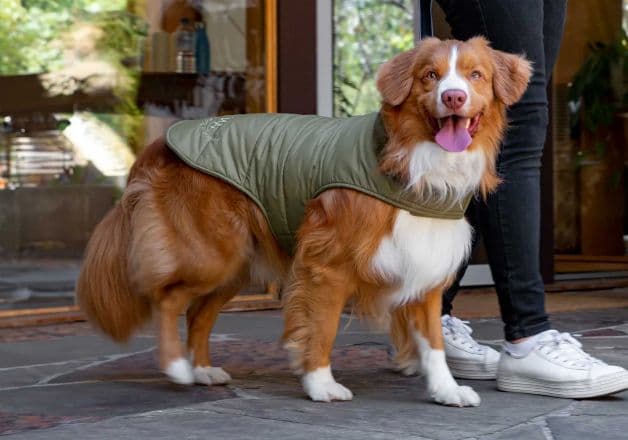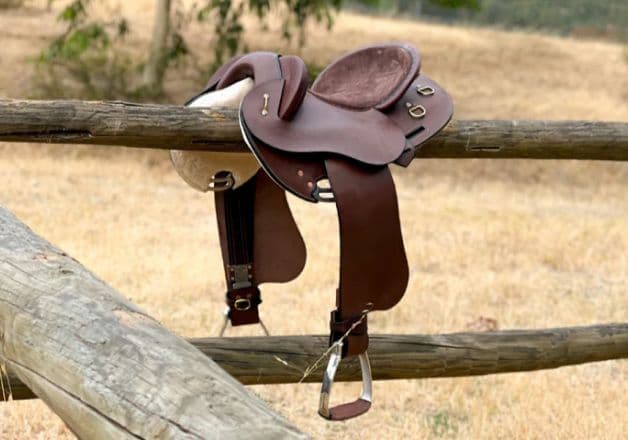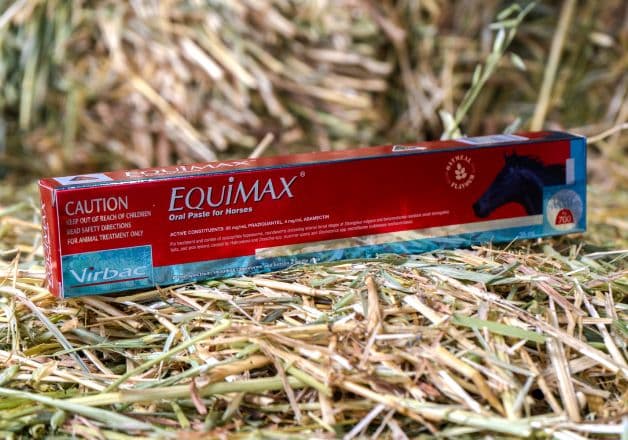
Ideal Horse Nutrition
Are you concerned that your horse is not getting enough nutrients from his or her normal diet? Your horse's dietary needs are going to vary somewhat, depending upon their lifestyle and age.
For instance, if you have a horse that is pregnant or nursing, a horse in full work, a horse that is still growing, or a horse away from home receiving training, your horse may need a diet that is higher in fat and protein. Your veterinarian can help you modify your horse's diet if you think there's a problem, particularly if your horse is showing symptoms of malnutrition or low energy levels.
Overall, there are a few things that you can keep in mind to try to keep your horse as healthy as possible.
Monitor their grazing area
Horses will get many of their carbohydrate needs from the grass that they eat, but grazing may not always be sufficient for all horses. Whether or not your horse is getting enough nutrition from grazing may depend upon where he or she grazes. Not all grasses are created equal. Just like humans should ideally consume a wide range of fruits and vegetables to get the health benefits of all of them, horses should consume a variety of herbs, grasses, and other plants. If your horse grazes in an area that has been heavily sown, there may only be a few species of grass for him or her to eat. A horse that grazes in a more natural area may be better off, but it's possible that he or she may need other types of feed during the wintertime and dry periods. Lucerne hay is relatively high in protein and other nutrients, making it a good supplement for many horses.
Consider dietary supplements
If your horse needs other dietary supplements, you'll be able to find plenty of excellent types of equine supplements on the market today. There are many equine feed products that are specifically formulated for horses of all ages and activity levels. While there may not be an equine supplement that is uniformly better for all horses, you should be able to find the best one for your particular horse. Most horses should be fine with supplementary feeds. In many cases, giving your horse large amounts of one nutrient may do more harm than good. You should still talk to your veterinarian before starting your horse on a new regimen of feeding.
Tailor your regime to the horse
Many horse owners are worried about their horses becoming hot-headed as a result of their feeding habits. The reasons behind hot-headed behavior in horses are hotly debated in the horse community. It's possible that giving your horse too much grain may make your horse more prone to hot-headed behavior. Another idea that a high-protein diet leads to hot-headed behavior is much more controversial. Ultimately, horses are individuals. Watch your horse and see how he or she responds to his or her diet and dietary changes, and you'll be on your way to making your horse as healthy and happy as possible.
Worried about your horse's health? Explore Caribu's range of Herbs & Feed Supplements to support your horse's nutritional needs.


